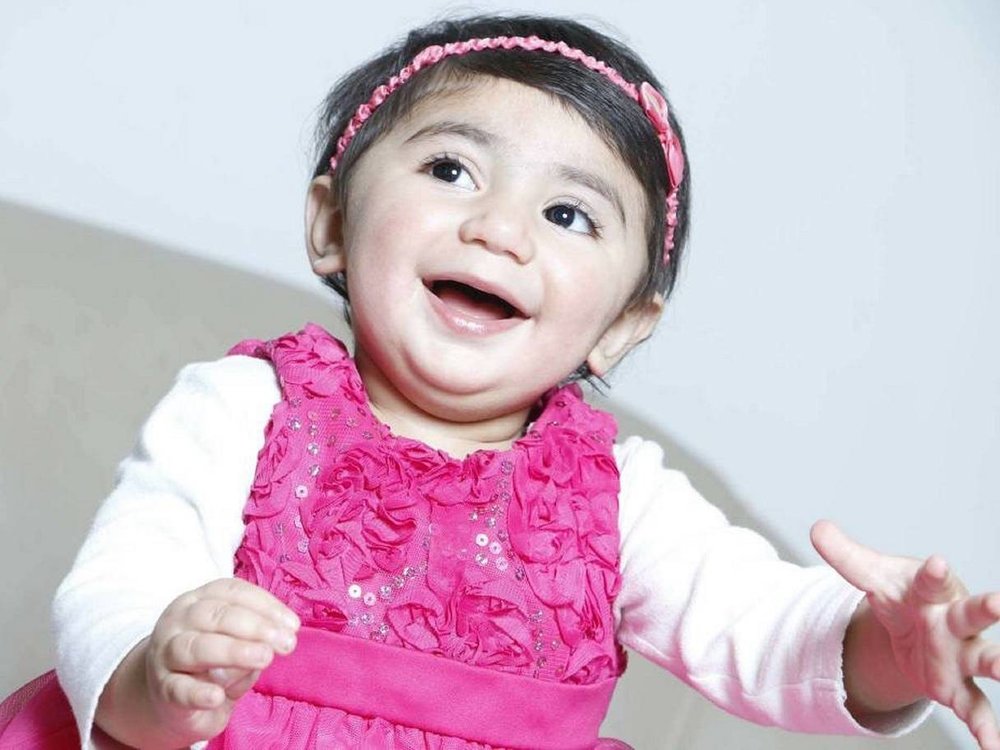Iran’s Blood Transfusion Organization joins campaign to help Zainab with rarest blood type

TEHRAN — Iran’s Blood Transfusion Organization (IBTO) has joined the global campaign to help two-year-old Zainab Mughal who needs ongoing transfusion of one of the rarest blood types, ISNA news agency reported on Sunday.
Zainab, who lives in Tallahassee in Florida, has been diagnosed with high-risk neuroblastoma, according to the Independent.
However, her blood type is so rare that only three matching donors have been found so far as her blood is missing a common antigen called “Indian B”.
Most people carry the antigen in their blood cells and unfortunately her parents and family members are not match for her.
Only people who can be a possible a match for Zainab are those whose parents are 100 percent Iranian, Pakistani or Indian and whose blood types are either “A” or “O”.
Moreover, of these people only 4 percent will be missing the Indian B antigen.
Not-for-profit organization OneBlood has been working closely with Zainab’s family, other blood centers and the American Rare Donor Program (ARDP) to help find a match for her and so far three matching donors have been found, including one ARDP tracked down near London and two from the United States.
In order to fulfill her blood needs her family must find between 7 to 10 donors.
Anyone who thinks they could be a match for Zainab or wants to help is urged to visit www.oneblood.org/zainab.
Neuroblastoma is a cancer that develops from immature nerve cells found in several areas of the body. It most commonly arises in and around the adrenal glands, which have similar origins to nerve cells and sit atop the kidneys. However, neuroblastoma can also develop in other areas of the abdomen and in the chest, neck and near the spine, where groups of nerve cells exist.
Neuroblastoma most commonly affects children age 5 or younger, though it may rarely occur in older children. Some forms of neuroblastoma go away on their own, while others may require multiple treatments.
Children with a family history of neuroblastoma may be more likely to develop the disease. Yet, familial neuroblastoma is thought to comprise a very small number of neuroblastoma cases. In most cases of neuroblastoma, a cause is never identified.
MQ/MG
Leave a Comment